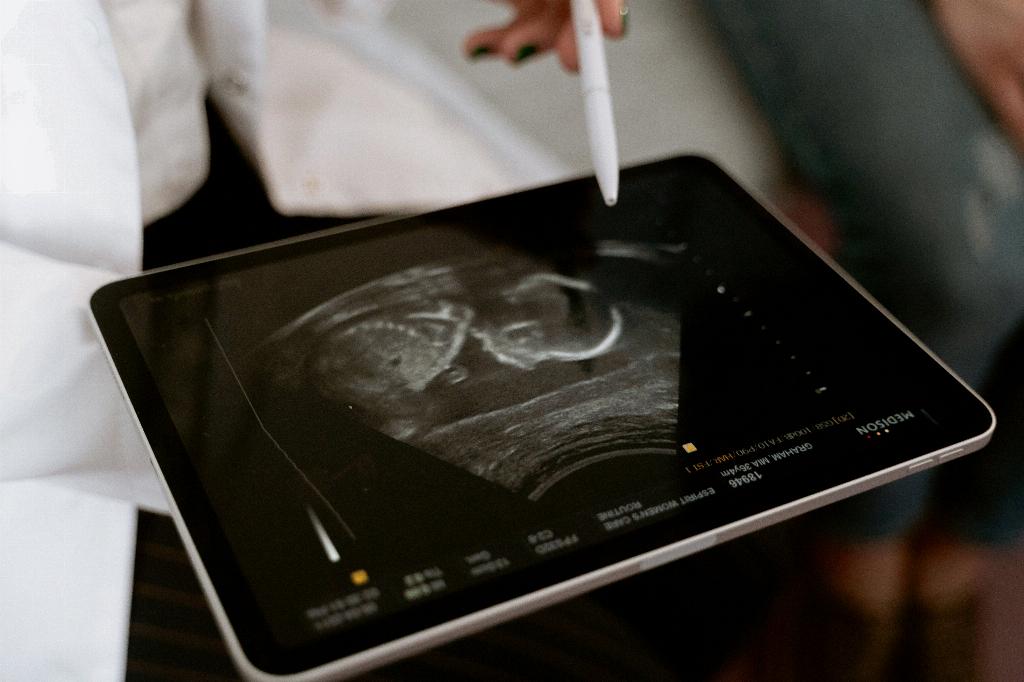When it comes to the accuracy of blood tests for pregnancy, the likelihood of receiving incorrect results is quite low. In fact, blood pregnancy tests are known for their high level of accuracy, typically ranging around 99% or higher. These tests are designed to detect the presence of human chorionic gonadotropin (hCG), the hormone produced during pregnancy, in a woman’s bloodstream.
Factors Affecting Accuracy
While blood tests for pregnancy are highly accurate, there are certain factors that can potentially impact the results. One key factor is the timing of the test. Taking a blood pregnancy test too early may yield a false negative result, as the hCG levels might not be detectable in the bloodstream yet.
False Results
It’s essential to follow the instructions provided by your healthcare provider when undergoing a blood pregnancy test. Incorrect handling of the sample or performing the test improperly can lead to false results. Additionally, certain medical conditions, such as ovarian cysts or certain medications, can also affect the accuracy of the test.
Consulting with a Healthcare Provider
If you have concerns about the accuracy of your pregnancy test results, the best course of action is to consult with your healthcare provider. They can provide further guidance and may recommend additional testing to confirm the results.
Accuracy of Home Pregnancy Tests
While home urine pregnancy tests are convenient and easy to use, they may not always be as accurate as blood tests. If you have any doubts or receive conflicting results from a home test, it’s advisable to follow up with a blood test conducted by a healthcare professional.
Importance of Proper Testing
Ensuring the accuracy of a pregnancy test is crucial for making informed decisions about your health and future. By following the recommended guidelines and seeking professional medical advice when needed, you can have greater confidence in the results of your test.
Timing and Accuracy
Timing plays a crucial role in the accuracy of pregnancy tests, whether blood-based or urine-based. Waiting until the appropriate time frame recommended by your healthcare provider can help ensure that the test results are reliable and reflective of your pregnancy status.
Handling of Samples
Proper handling of blood samples is essential for accurate pregnancy test results. Healthcare providers follow strict protocols to ensure that the samples are collected and processed correctly, minimizing the risk of errors that could lead to inaccurate results.
Trust in Healthcare Professionals
By entrusting your pregnancy testing to experienced healthcare professionals, you are more likely to receive accurate and reliable results. Healthcare providers have the knowledge and expertise to perform tests accurately and interpret the results effectively.
False Negative Results
Receiving a false negative result on a pregnancy test can be disheartening, but it’s essential to understand that various factors can contribute to such outcomes. If you suspect that your test results are incorrect, don’t hesitate to reach out to your healthcare provider for further evaluation.
Conclusion
While no test is infallible, blood tests for pregnancy are considered highly accurate when performed correctly and at the right time. By following healthcare provider recommendations, seeking professional guidance, and ensuring proper sample handling, you can have confidence in the accuracy of your pregnancy test results.

